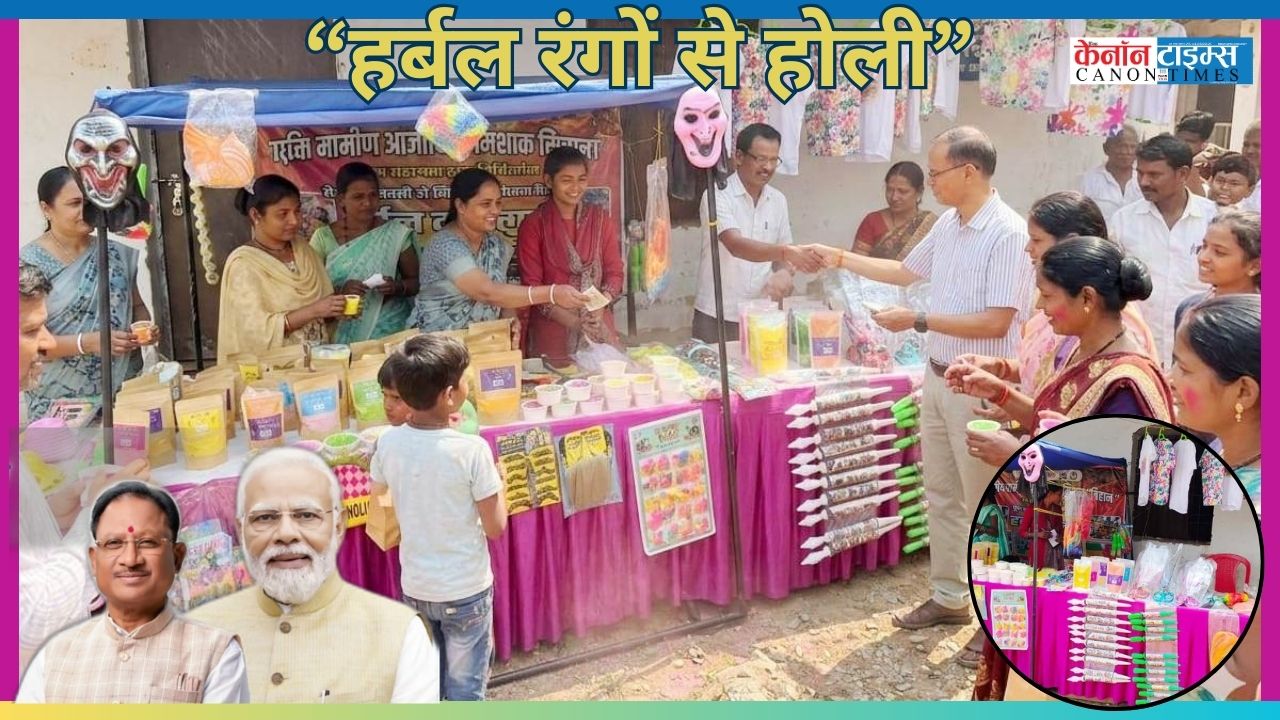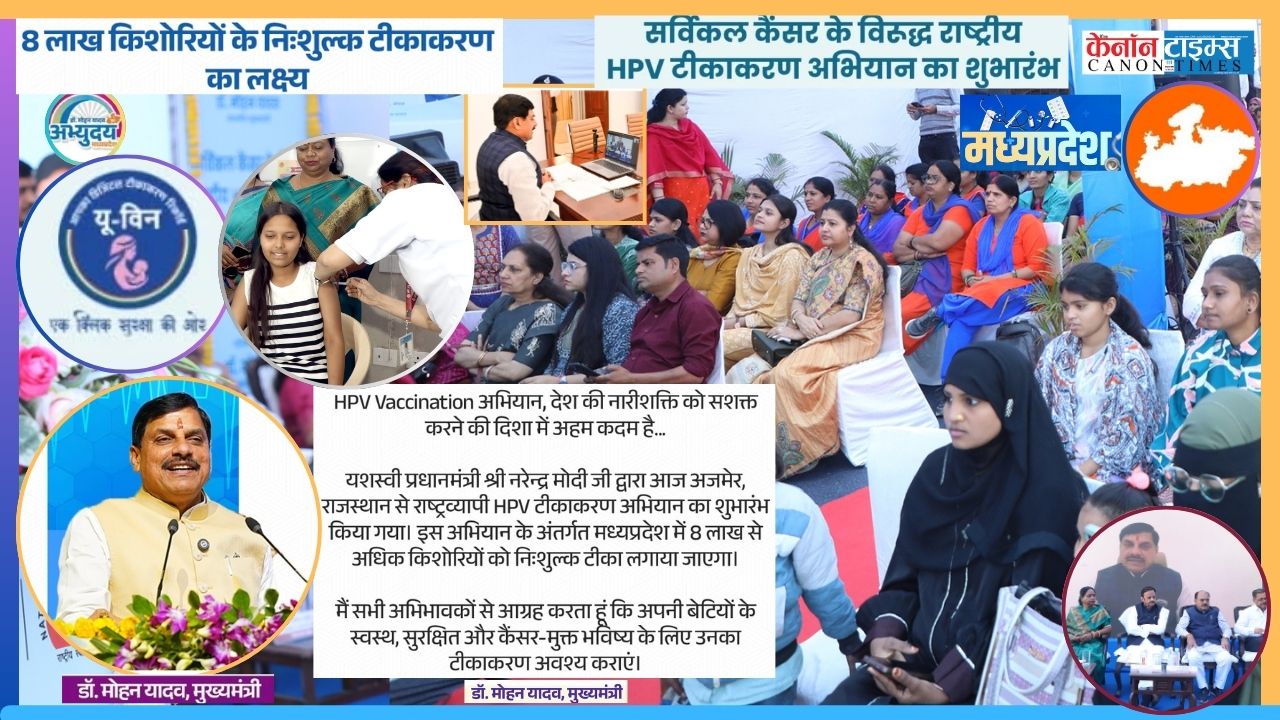Appropriate criticism has been directed on the Election Commission of India (ECI) for its swift, if not hurried, filling of two vacancies. Within days of Arun Goel’s resignation as Election Commissioner (EC), the multi-member body gained two new members. Goel’s appointment occurred during a Constitution Bench hearing advocating for a truly independent procedure for choosing members of the panel that oversees and conducts India’s election panel. It is accurate for critics to point out that the Chief Election Commissioner and other EC selection procedures under the Act did not seem to provide the level of independence that the March 2023 Constitution Bench ruling had in mind. A petition contesting the Act’s legitimacy was scheduled to go to hearing at the time of the selection. Mr. Goel’s resignation for “personal reasons” has not been explained, which exacerbates the already terrible situation. A few days before the Commission finalised the calendar for the Lok Sabha elections, an EC whose tenure was supposed to go for a few more years, decided to step down, which is greatly concerning. Needless to note, Gyanesh Kumar and Sukhbir Singh Sandhu, the two new ECs, are perfectly competent and suitable; this is unrelated to the debate about the procedure used to choose the ECs.
The bill that Parliament decided to pass last year in response to the Supreme Court of India’s criticism that no legislation had been passed since the Constitution’s inception, as required by Article 324, which established an appointment procedure for the ECs, may perhaps be the root of the issue. The ECI’s independence from the executive branch was emphasised by the Court as a means of ensuring that the elections the panel conducts are genuinely free and fair. In order to fill the void, an interim plan was devised, in which the Chief Justice of India (CJI), the Leader of the Opposition, and the Prime Minister formed the selection committee responsible for selecting the CEC and ECs. But it was only intended to last until Parliament passed a legislation. The Prime Minister, any Union Minister, the head of the Opposition, and the head of the largest party in the Opposition formed a panel in reaction to a bill passed by the government.
Whether a committee with a two-to-one majority held by the executive branch may function as a truly independent body is the matter that the Court is now considering.
Despite the fact that the Chief Justice of India (CJI) may not be the most qualified individual to be involved in the selection process, the executive-driven method of choosing the CEC and ECs must eventually give way to one that is grounded in the constitutional principle of having an independent body to hold free and fair elections.
Abhishek Verma
Author: This news is edited by: Abhishek Verma, (Editor, CANON TIMES)
Authentic news.






